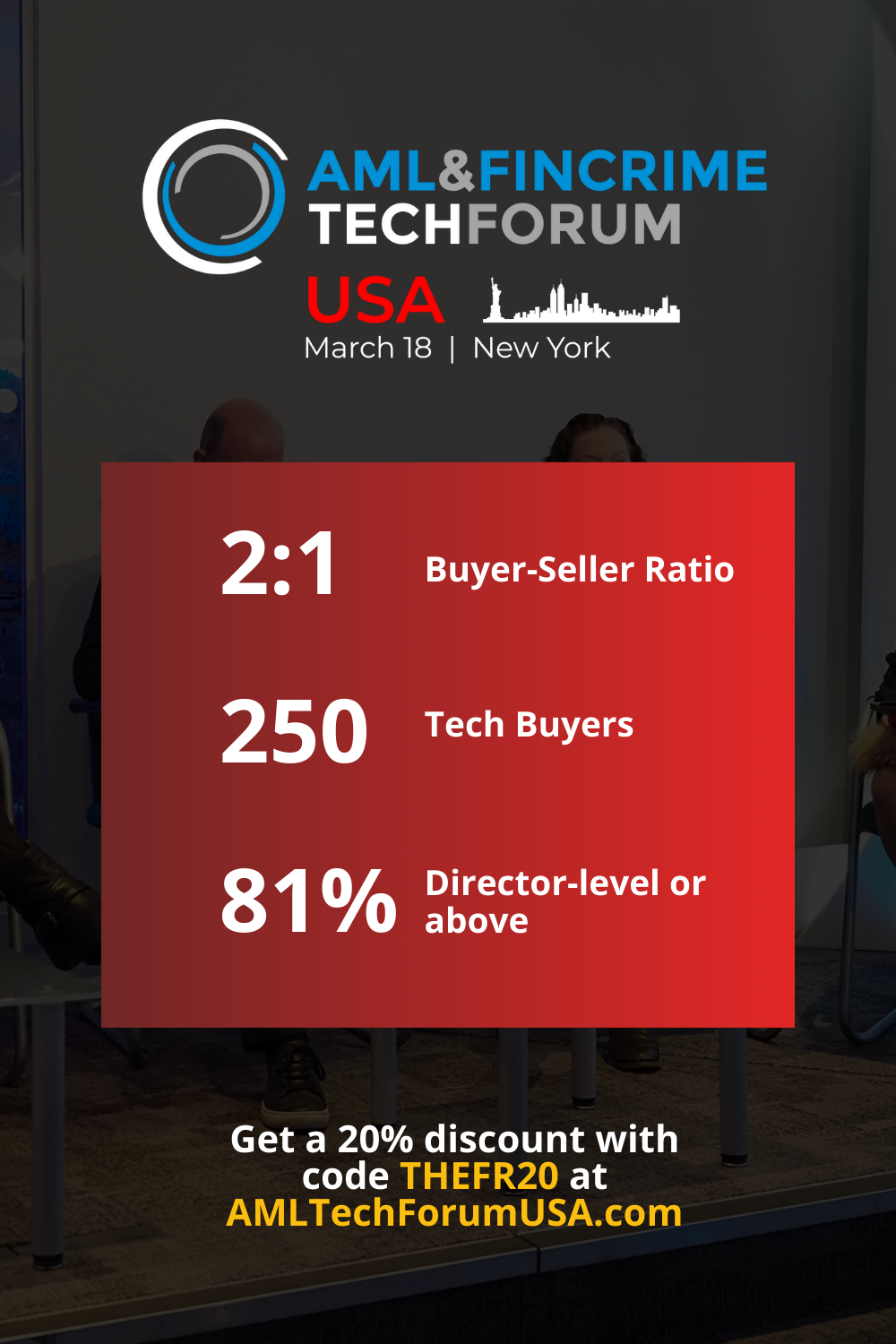Fintech’s blind spot: Veterans building fintech startups deserve more funding
/Elizabeth McCluskey is the managing director of the Discovery Fund at TruStage Ventures.
As we approach Veterans Day, one thing I notably reflect on is the contribution many veterans make beyond their service through second acts as entrepreneurs.
Meet with enough fintech founders and you start to notice recurring traits in the visionaries behind young companies. Sure, their ideas are different, but the people behind them share a lot. They work relentlessly, lead with courage while maintaining a healthy relationship with risk and stay motivated even when the odds are stacked against them. Most of all, they carry a conviction that what they’re building will solve a problem for consumers.
Looking at these characteristics, it’s not too surprising to find a remarkable presence of military veterans among the ranks of new founders who have decided to pursue entrepreneurship as their next act for civilian life. Data from the U.S. Small Business Administration (SBA) shows military veterans are a whopping 45% more likely than non-veterans to be self-employed. While it’s difficult to find fintech-specific figures, finance and insurance attracts veteran founders more frequently than nearly any other sector.
For an industry obsessed with grit and execution, fintech investing has overlooked one of its strongest founder pipelines: military veterans. Their entrepreneurial drive is clear, but what’s missing is access to capital and the networks that unlock it.
Why such a large gap between veterans and non-veterans? There are lots of potential answers that could make sense, but what I see most is a clear connection between serving one’s country – that service before self-mindset – and leading an initiative that will help others.
One of the most important traits that I look for as an investor is the founder’s willingness to fight for their vision through sometimes overwhelming obstacles. At the earliest stages, this grit matters more than product-market-fit or a clear path to profitability. Don’t get me wrong, that’s also important, but even the best ideas can fail without the determination to get the job done.
Veterans embody these traits, so I find it somewhat confounding that they have a harder time than non-veterans in securing financing to grow their businesses. There are several issues fueling this obvious disconnect.
Business financing, and particularly startup financing, relies heavily on relationships and professional networks. Startup founders who are non-veterans often have years of professional experiences and relationships that create access to funding via warm introductions. Not all intros lead to checks, but many of them do. Veterans, having spent those same formative years in military environments, often don’t have the same established networks. This creates a Catch-22 where the same service that builds top-notch entrepreneurial skills also distances them from the networks that could fund their ventures.
Also – specific to debt financing – veterans often have “thin” credit histories due to their military lives causing frequent relocations and deployments. This can look bad to underwriters, who might see risk without appropriate context. This is exactly the type of issue in traditional financial services that fintechs can help solve, and it’s one veterans know all too well.
What we ultimately have is a missed opportunity where veterans aren’t getting nearly enough funding or mentorship, and it’s leading to younger generations of veterans starting fewer businesses than their predecessors. Given veterans’ affinity for building in financial services, fintech investors have an opportunity.
We’ve taken an intentional step to reach this untapped market by expanding our Discovery Fund to seek out and fund veteran fintech founders. The Discovery Fund was established in 2021 to support and invest in underrepresented entrepreneurs. We did this because we, ourselves, are a mission-driven organization serving everyday Americans, and we’ve also seen what the results can be when you invest in someone others have overlooked. Of the 25 early-stage companies we’ve taken a risk on, not a single one has shuttered so far.
Dennis Cail and his peer-to-peer lending platform, Zirtue, is a powerful example of that. A Navy veteran himself, Dennis drew on his personal background and servant leadership mindset to create a solution that eases the financial strain. Dennis observed both personally as a Black man and as a veteran that usurious payday lenders and pawn shops preyed on multiple groups he was a part of, where the only other financing alternative was often to borrow from family and friends. Zirtue formalizes those loans between friends and family, protecting personal relationships while avoiding predatory lenders that leave consumers worse off.
I first invested in Zirtue in 2021 when it was just getting started. Thanks to the grit and determination of Dennis and team, they’ve grown and we’ve continued to invest, elevating them to our Ventures portfolio. Another veteran-founded startup is Parlay Finance, which is helping financial institutions make more small business loans. But, similar examples of veteran-founded fintech startups are actually tough to come by. There’s a noticeable absence of veteran-founded fintechs with notable exits or valuations.
There are more than 18 million living veterans representing an enormous community within America. That said, veterans’ experiences with the financial services system have been mixed at best. Look around any base and you’ll find payday lending storefronts and pawn shops – the very ones that inspired Dennis to find a new solution. People with firsthand knowledge of the military community are best positioned to meet and solve those problems, which will create benefits far beyond the veteran community.
To us, the veteran entrepreneurship funding gap is both a missed opportunity and a fixable problem that fintech investors can greatly affect. The investment community has clear incentives to take action. Bridging this gap isn’t just good practice — it’s good business.









